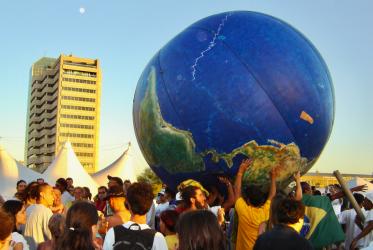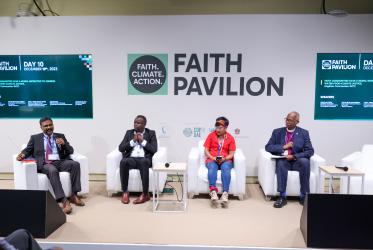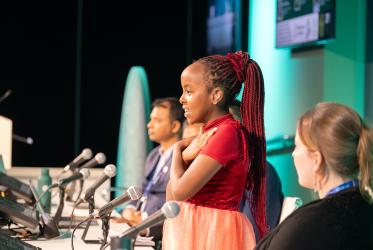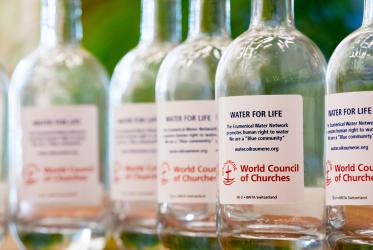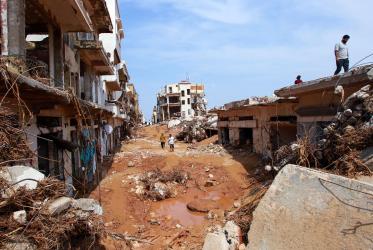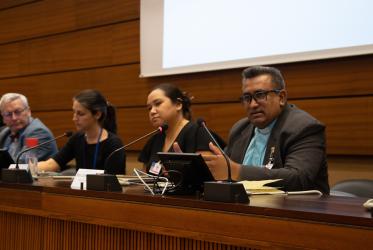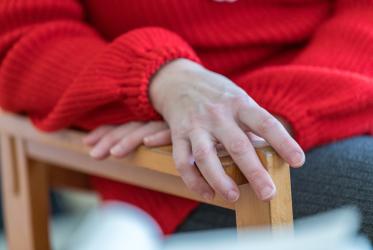Displaying 1 - 20 of 364
Thirsting for peace: Gaza's water woes in the midst of war
31 January 2024
WCC joins Blue Communities in urging “Water for Life—Not for Profit”
11 December 2023
Church of Ireland launches appeal to help survivors of Libya floods
21 September 2023

